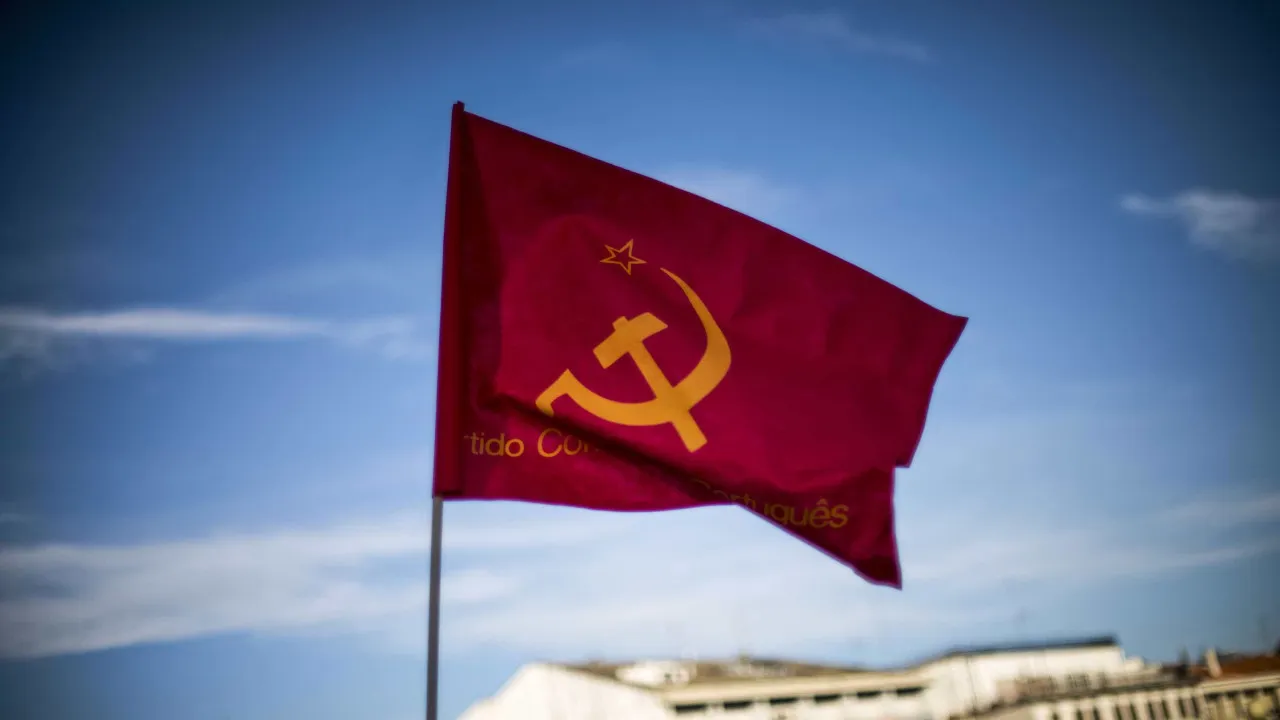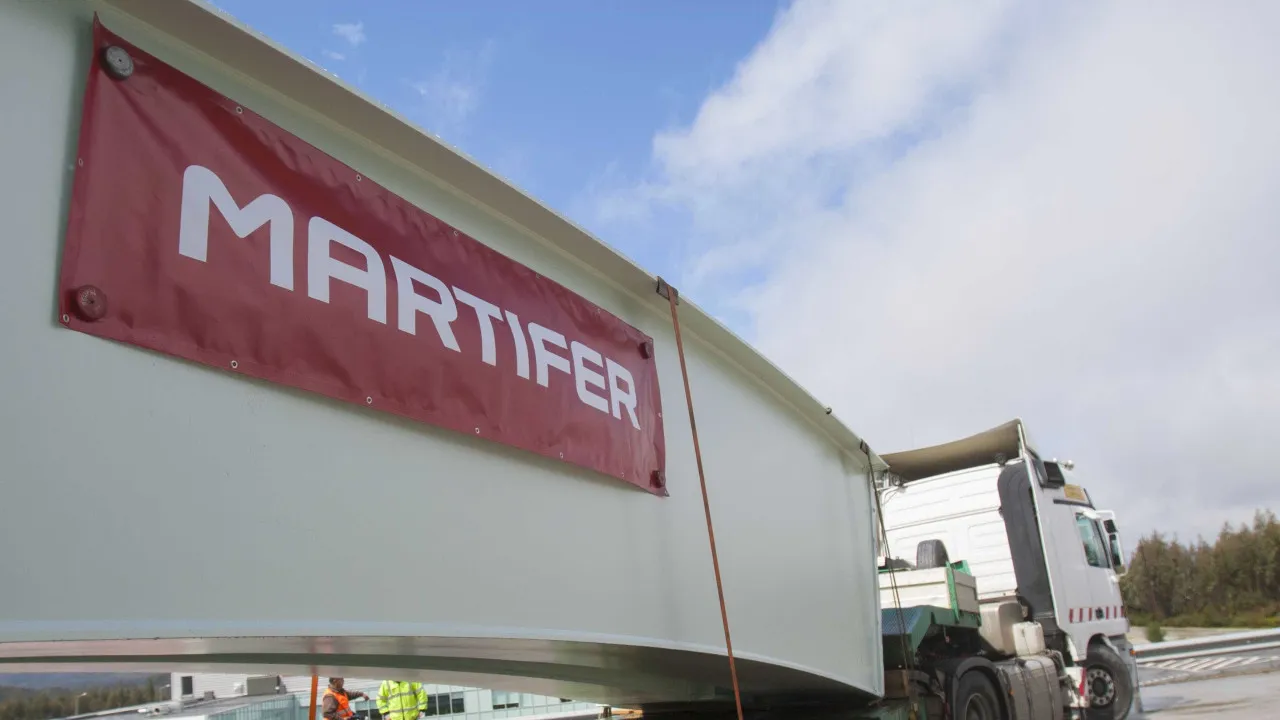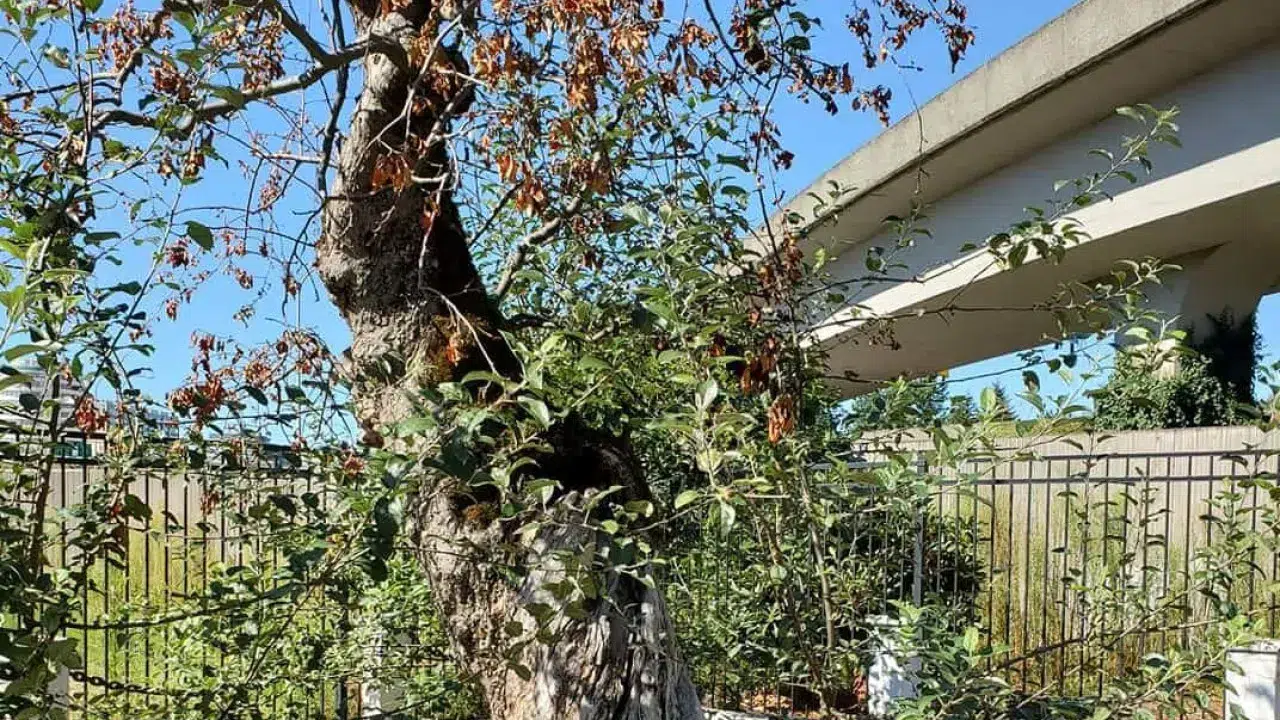
Rui Fernandes of the Central Committee of the PCP marked the 80th anniversary of the atomic bombings of the Japanese cities of Hiroshima and Nagasaki, on August 6 and 9, 1945, respectively. He described the bombings as a “monstrous crime against humanity that nothing can justify.”
“Recalling the nuclear holocaust of Hiroshima and Nagasaki is a duty of memory, but it is above all an occasion to reaffirm the imperative duty to fight so that such a tragedy is never repeated,” he stated.
Fernandes remarked that “the horror and suffering that Israeli Zionism and American imperialism are inflicting on the Palestinian people confirm that, to impose their interests, imperialism is capable of the most monstrous crimes,” arguing that “only the struggle of workers and peoples can force them to retreat.”
“While it is necessary to defend historical truth, it is imperative to firmly and courageously fight the overwhelming campaign of propaganda for militarism and war, normalization of fascism, and even trivialization of nuclear weapons,” he urged.
Fernandes voiced concerns over recent NATO and EU summit decisions on increased military spending “demanded by the Trump administration” as particularly serious.
He emphasized that marking another anniversary of the tragedy of Hiroshima and Nagasaki, the PCP reaffirms its deep commitment to the fight for disarmament, political solutions to conflicts, respect for the UN Charter, and the principles enshrined in the Final Act of the Helsinki Conference on Security and Cooperation in Europe, which celebrates its 50th anniversary this year.”
The communist leader also noted that alongside “the militarist escalation,” there is an attack on labor rights and other fundamental rights, as well as the “whitewashing and promotion of the far-right.”
The PCP additionally called for intensifying the fight to end “Israel’s genocidal terrorist aggression against the Palestinian people and the recognition of their independent and sovereign state,” which it says is crucial for “a just and lasting peace” in the Middle East.
The American B-29 bomber “Enola Gay” dropped the first atomic bomb in history on Hiroshima, western Japan, on August 6, 1945, 80 years ago.
Three days later, the same nightmare was repeated in Nagasaki, about 400 kilometers further southwest.
The anniversary of the bombings will be marked today and on Saturday in the two cities, with representatives from about a hundred countries attending the ceremonies.
The two nuclear bombs caused the deaths of 140,000 people in Hiroshima and 74,000 in Nagasaki between August and the end of 1945.




